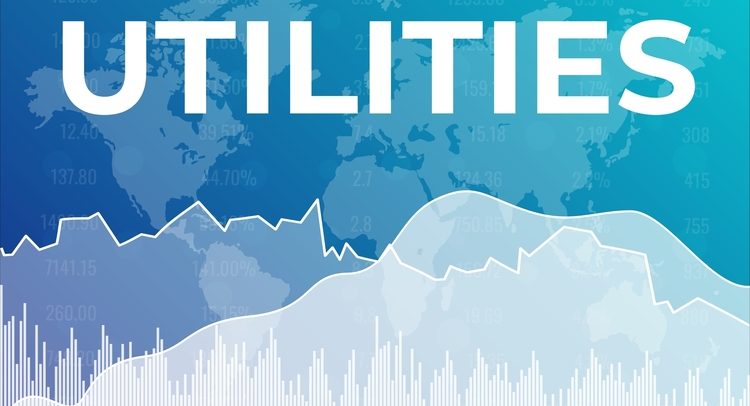Brookfield Infrastructure Partners ( (BIP) ) has released its Q2 earnings. Here is a breakdown of the information Brookfield Infrastructure Partners presented to its investors.
TipRanks Cyber Monday Sale
- Claim 60% off TipRanks Premium for data-backed insights and research tools you need to invest with confidence.
- Subscribe to TipRanks' Smart Investor Picks and see our data in action through our high-performing model portfolio - now also 60% off
Brookfield Infrastructure Partners L.P. is a leading global infrastructure company that owns and operates high-quality, long-life assets in the utilities, transport, midstream, and data sectors across the Americas, Asia Pacific, and Europe. The company focuses on assets with contracted and regulated revenues that generate predictable and stable cash flows.
Brookfield Infrastructure reported solid results for the second quarter of 2025, with notable achievements in its capital recycling strategy. The company made three significant acquisitions and generated substantial proceeds from asset sales, positioning itself well for future growth opportunities.
Key financial metrics for the quarter included a net income of $69 million, a significant increase from $8 million in the prior year, driven by strong operational performance and gains from capital recycling activities. Funds from operations (FFO) rose by 5% to $638 million, supported by organic growth, inflation-linked rate increases, and new capital projects, despite higher borrowing costs and foreign exchange impacts.
Strategically, Brookfield Infrastructure has been active in deploying capital, securing investments in its data, transport, and midstream segments, including the acquisition of Hotwire and a railcar leasing platform. The company also completed a $9 billion acquisition of Colonial, the largest refined products pipeline system in the U.S., which is expected to yield significant returns.
Looking ahead, Brookfield Infrastructure remains focused on self-funding its growth initiatives through its capital recycling strategy, with a strong liquidity position and a pipeline of investment opportunities driven by digitalization, decarbonization, and deglobalization trends.
















